How to Choose the Best VC or Accelerator for Your Startup…
Raising funds seems like the Holy Grail of the startup community. Spend time around an accelerator or co-working space in ATX, and you will overhear someone talking about raising money. For many first-time founders, this will be one of the biggest frustrations since most VCs typically don’t invest in first-time founders. In this month’s blog, we share some tips to increase your probability of finding the right accelerator program and VC partners.
First Ask: Do You need to Raise Funds?
You rarely read about companies who have bootstrapped in TechCrunch. It’s certainly not the sexy route these days regardless of how much equity a founder retains in the end. Your mentors and advisors will challenge you on this to make sure it is the right path for your situation. If Bootstrapping is possible, check out the - Bootstrap Austin blog. The next questions to ask: Why do you need to raise funds? Often times founders will head to accelerators to help answer this question and continue the fundraising journey.
Accelerators and Beware of the Term Sheet
Joining an accelerator has been a new trend in the tech startup community since the first seed accelerator, Y Combinator, started in 2005. Between Capital Factory, TechStars, Mass Challenge, Sputnik ATX, Oracle Startup Cloud Accelerator, Founder Institute, and many others, there is no shortage of options for entrepreneurs in Austin. Accelerators are a great way to find product market fit, prove the business model and execute on your strategy (…or pivot). They are also great for finding a network of mentors who can offer sage advice. Often times you can get some serious press and street cred by going through a well know accelerator such as Y Combinator or Techstars. They might even help you raise funds via their angel or VC network. Some accelerators like Mass Challenge can hand out a $100K check without taking equity but most do not. Before committing to an accelerator, be sure the benefit will outweigh what you give up in equity. Giving up 3-6% of your company for a few co-working seats may not be worth it long term. My main caution for entrepreneurs evaluating accelerators is to watch out for the fine print in the term sheets. I have had heard of a few potential D&O claims regarding non-dilutive equity provisions holding up the next round of funding.
Do Your Homework on VCs
Once ready to go on the fundraising trail…many entrepreneurs approach finding institutional investment dollars as a numbers game. While sending a drip campaign to every VC in America seems like a great strategy, it is also a great way to waste a lot of time. With the amount of data available, you can easily hone in on a richer list of potential VCs that might be a good fit as potential partners. A great resource for this approach is the book Venture Deals by Brad Feld and Jason Mendelson, or you can take the free Venture Deals course that will be offered starting October 7th. Some aspects to consider when narrowing down VC prospects along with Austin specific examples:
- Check Size – Knowing Silverton Partners typically invests between $500,000 to $5 million, with the average being between $1.5 million to $2 million might help you decide if they would be a good target for your firm.
- Industry/Area – knowing Brand Foundry focuses on B2C will be helpful to know if you are a B2B SAAS company.
- Stage of Investment – Guess what stage, ATX Seed Ventures prefers for the first check?
- Geography – Some firms have geography as part of their investment appetite. Live Oak Venture partners also supports companies based in Texas.
There are many other factors, but that should help get a jump on narrowing down the list for richer results.
Call Other Founders
Assuming you have been successful at narrowing down the VC list…how do you choose the right one? One pro tip from Brett Hurt’s, Lucky 7 Blog as well as numerous panel discussions around Austin is to call references. He shares this pro tip not only for hiring employees and for evaluating potential VC partners. Calling the funders of other portfolio companies to get insight into how a particular VC operates is such a great idea. You might want to find out how a VC is as a board member, what value they bring to the relationship (aside from money) and how they have helped the company succeed over time. Having these conversations might even help you narrow down which VC within a particular firm you may want to have on your board. One of the biggest compliments a Founder can give is to call a VC ‘founder friendly.’ Another would be to ask the founder which fund he/she would invest in upon exit. You might get some interesting answers on that one. The bottom line: reputation is everything here and go with your gut.
Summary: Choose Wisely
If you decide to go through an accelerator or raise funds, make sure you do what is best for your situation long term. Lean on your network and do some research. When in doubt, rely on the reputation of the program or VC and go with your gut.
Like the knight says in Indiana Jones – The Last Crusade …‘you must choose but choose wisely. For as the true grail will bring you life, the false grail will take it from you.’
Other Helpful Resources:
—
